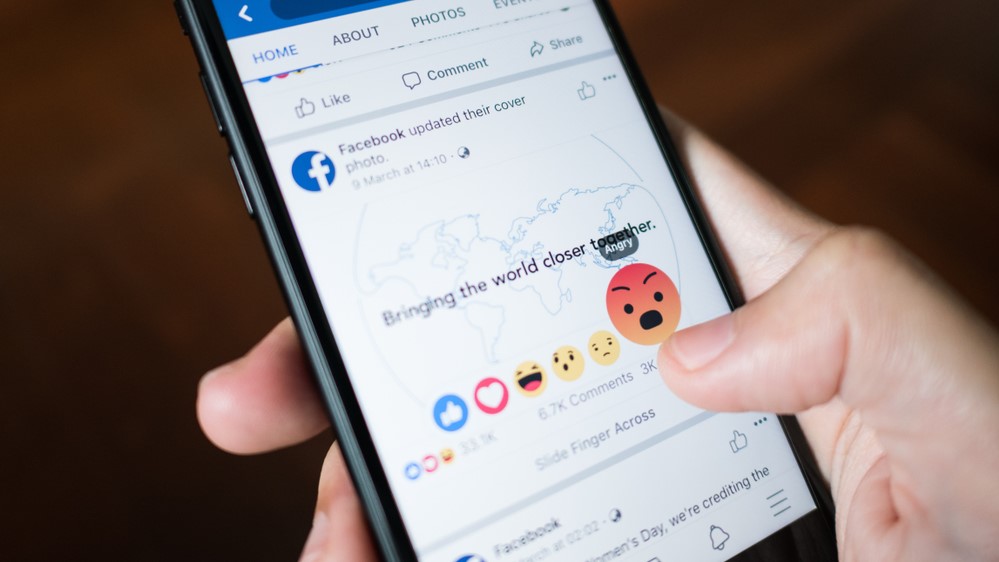
Sign up for breaking news, reviews, opinion, top tech deals, and more.
You are now subscribed
Your newsletter sign-up was successful
Facebook, much like Amazon, Google and Apple, has been paying contractors to transcribe snippets of its users' speech.
According to Time, a source closely involved in the work claimed that they had been given sound file to work on, but not told where they'd come from.
- How to delete Facebook
- Facebook is getting a dark mode makeover for mobile
- Check out the best Android apps to download in 2019
Facebook has confirmed that it did indeed commission the work, but says that it halted the program after the eavesdropping of other tech companies started to hit the headlines.
“Much like Apple and Google, we paused human review of audio more than a week ago," a company spokesperson said.
Facebook was also keen to point out that the messages were only transcribed to check that they were being interpreted correctly by its speech recognition software. Only users who had opted into the program had their speech transcribed, and that all snippets were anonymized so there was no way of linking an audio file to a specific user.
Shhh...
It's no surprise that Facebook acted preemptively – the company suffered a serious blow to its reputation following the 2018 Cambridge Analytica scandal, which involved millions of users' personal information being shared without consent.
Facebook embarked on a huge campaign to win back users' shaken trust, including print advertisements and an apologetic video in which it promised to "do more to keep you safe and protect your privacy".
Sign up for breaking news, reviews, opinion, top tech deals, and more.
However, the dust hasn't yet settled, and a few weeks ago the company was hit with a $5bn fine from the US Federal Trade Commission (FTC) as a result of the scandal.
"Despite repeated promises to its billions of users worldwide that they could control how their personal information is shared, Facebook undermined consumers' choices," said FTC chairman Joe Simons.
Facebook can't afford to look complacent in the face of another potential privacy problem, so pulling the plug on third-party transcriptions was the only sensible course of action.
If you're not sure how much data you've consented to share, this is a good time to take a good look at your privacy settings.

Cat is TechRadar's Homes Editor specializing in kitchen appliances and smart home technology. She's been a tech journalist for 15 years, having worked on print magazines including PC Plus and PC Format, and is a Speciality Coffee Association (SCA) certified barista. Whether you want to invest in some smart lights or pick up a new espresso machine, she's the right person to help.